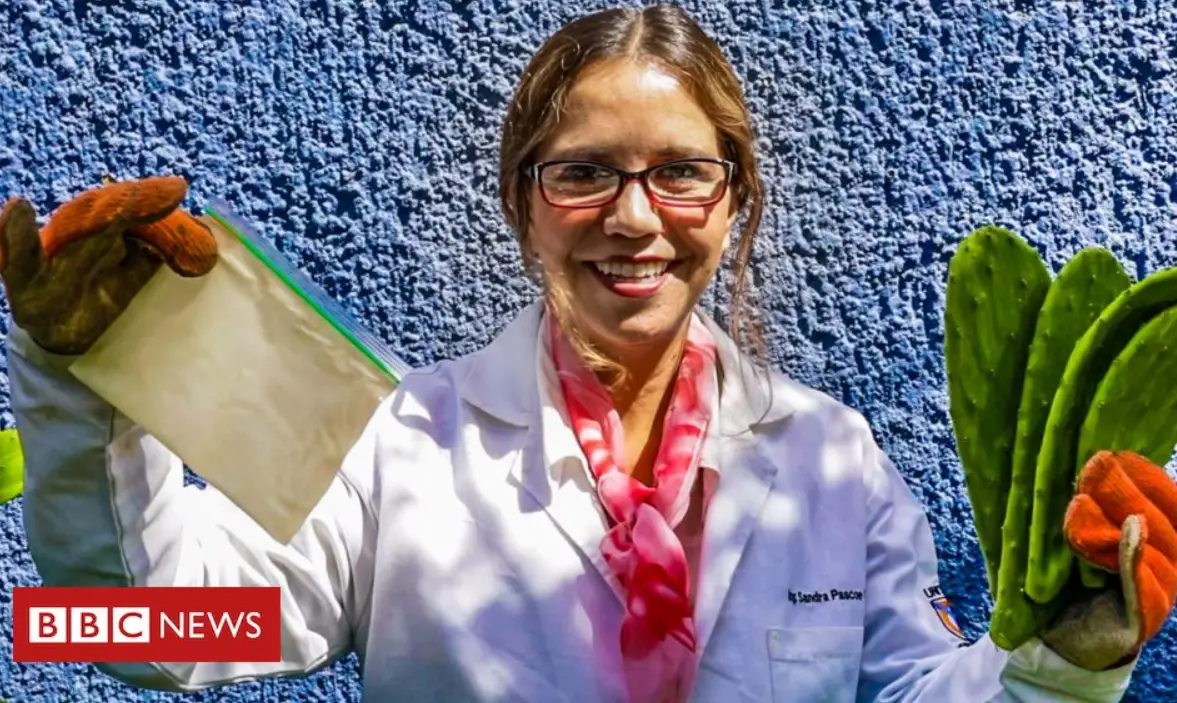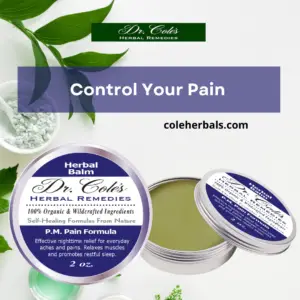
Because of the sheer scope and complexity of the environmental issues we are currently facing, it’s hard to know exactly which problems are most in need of solving.
But among the most egregious of all is clearly the plastic problem.
An average of 26 million tons is dumped into the ocean each year according to a 2006 Greenpeace report, and it’s turning otherwise pristine ocean areas into giant dead zones.
Things have become so bad recently that a plastic bag was found at the bottom of the Mariana Trench (the deepest recorded point on Earth) earlier this year.
While the problem isn’t likely to go away any time this decade, or maybe even this century because of how ubiquitous traditional plastic actually is, it goes without saying that there is a ton of room for improvement.
As far as plastic substitutes go, there are many unique options available that are better for the environment, ranging from bamboo toothbrushes (over 2 billion plastic toothbrushes reach landfills every year) to eco-friendly plastic wrap substitutes, to glass bottles like mason jars, plasticware made from plants like hemp, and more.
Each plastic substitute tends to be unique to the materials of the region it is created in, and now researchers from the University of Valle de Atemajac in Zapopan, Mexico have created their own biodegradable plastic, made from perhaps the most unlikely source yet: the juice of the prickly pear cactus, which is typically sold as a highly effective yet exorbitantly priced supplement that helps with inflammation, digestion and more.
“Cactus Plastic” Breaks Down in the Soil in Just One Month or Less
As detailed in a report earlier this summer from Forbes magazine, the new material was created by the researchers in large part to be highly biodegradable —this particular substance is capable of breaking down after sitting in the soil for just one month and when left in water breaks down in a matter of days.
In addition, it doesn’t utilize crude oil like traditional plastics, the report said.
“There were some publications that spoke of different materials with which biodegradable plastics could be made, including some plants,” said Sandra Pascoe Ortiz, the research professor who developed the new material.
This particular cactus has a unique blend of characteristics that makes it safe for ingestion by both humans and animals in addition to its plastic-like properties.
“In this case the nopal cactus has certain chemical characteristics with which I thought it could be feasible to obtain a polymer, that if it was combined with some other substances, all of them natural, a non-toxic biodegradable plastic would be obtained,” she said to Forbes.
“The process is a mixture of compounds whose base is the nopal. It’s totally non-toxic, all the materials we use could be ingested both by animals or humans and they wouldn’t cause any harm.”
That means even if Ortiz’s material makes it to the ocean, it will safely dissolve, Forbes reported.
The material is still being developed at the university, but Ortiz believes her creation could be mass produced in a way that will allow it to eventually compete in the industrial plastic industry.
“I believe that it is never too late to start changing things,” she said.
“Every day there is a new opportunity to do things better, so if we each do what we have to do, there is another opportunity to reverse all the damage we have done to the planet.”
Learn more in the video below from BBC:
Thanks for reading! For more articles like these in your inbox (plus a free eBook), click here. You can also learn more about a woman who has been pretty much plastic-free for several years by clicking here (feature story).
Thanks for installing the Bottom of every post plugin by Corey Salzano. Contact me if you need custom WordPress plugins or website design.




